Image


"There was relevance in any classroom besides just math."
"I liked how there was content for people who teach subjects outside of math."
"I have attended all the SAM events, and this was by far the best one!"
Victor Valley College Hosts Professional Development to Transform Teaching
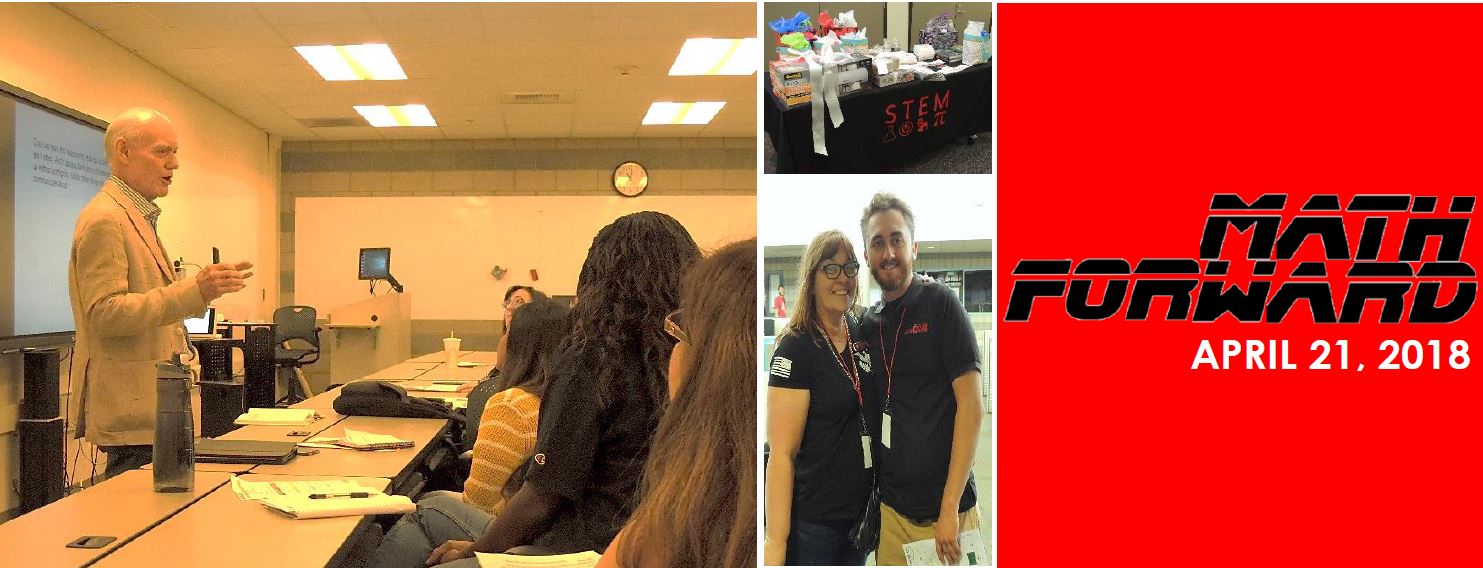
The Math Department hosted a full day of professional development that focused on topics such as mathematics, teacher preparation, ways to engage students through hands-on activities, integrating technology into the classroom, identifying and understanding at-risk students, and much more!
The professional development conference was fully funded through the Successful Advancement in Mathematics (SAM) Grant, which was developed to redesign Victor Valley College's math program by adopting evidence based practices that promise to improve student outcomes. One strategy of the grant's plan includes hosting professional development events to promote collaboration between Victor Valley College and local K-12 educators.
At 8:30 am sharp, Stephen Toner, Mathematics Department Chair and Faculty, wasted no time in getting started. Victor Valley College welcomed over 126 guests for Math Forward, including three keynote speakers and nine workshop presenters. Among the guests, faculty from various departments, including English, Basic Skills, Counseling, and Science, joined for the day. Math Forward was about more than just math, it was designed for all instructors who genuinely care about transforming their classrooms.
Attendees joined on behalf of their districts, charters, and private institutions which included:
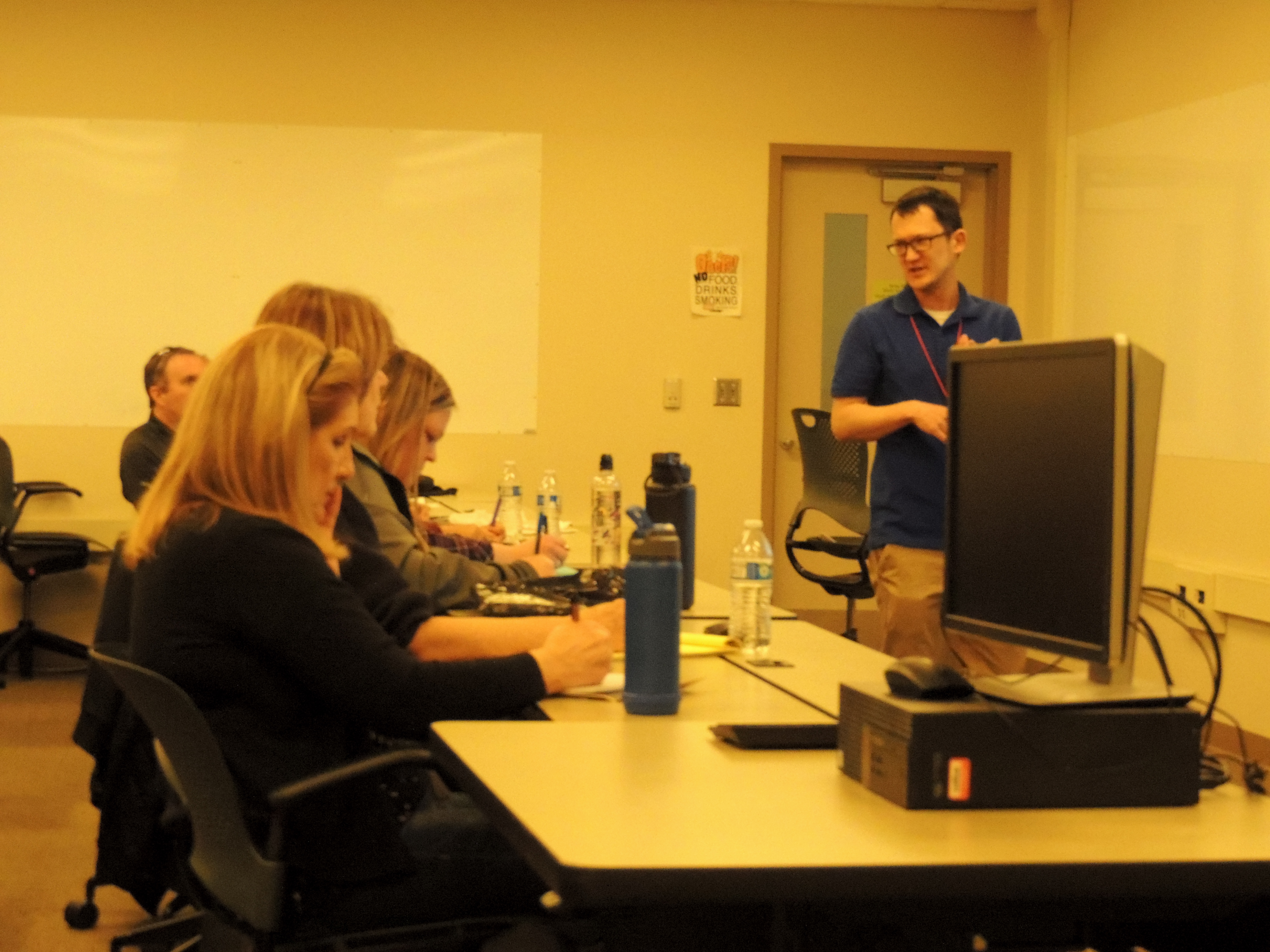
- Alta Vista Innovation High School
- Antelope Valley Learning Academy
- Apple Valley Christian School
- Apple Valley Unified School District
- Excelsior Charter School
- Helendale School District
- Oro Grande School District
- Snowline Joint Unified School District
- Summit Leadership Academy
- Victor Valley Union High School District
- San Bernardino Valley College
- Sultana High School (Hesperia USD)
Mimi's Cafe served a wonderful lunch that was catered for all of our guests. At 3:25 pm, closing session began with a BIG THANKS to the SAM Grant Staff, Jessica Vera and Alma De Santos, and to the SAMbassadors, Jason Hernandez, Leila Moore, Adolfo Nieblas, and Thomas Steensland, who did an excellent job in coordinating and carrying out the event!
Many teachers walked away with great prizes, all acquired by Alma De Santos, from local business donations like 3M, In-n-Out, Starbucks, Mimi's Cafe, and many more.
Overall, Math Forward was an outstanding professional development experience for all who attended, including the guest speakers who were able to join in some of the workshops. The Math Department is looking forward to the next event in Fall 2018!
Download Math Forward April 2018 Summary PDF
Math Forward Handouts
Download the Math Forward Program HERE
James Gray: First Generation Equity Worker
Eden Murphy: Desmos Tutorial
Keith Nabb: Mistakes, Mistakes Everywhere | Activating Your Classroom | Origami for Mathematics & Engineering
Colin Opseth: Trauma Informed Strategies for the Technology Infused Math Classroom
Math Forward: Keynote Speakers
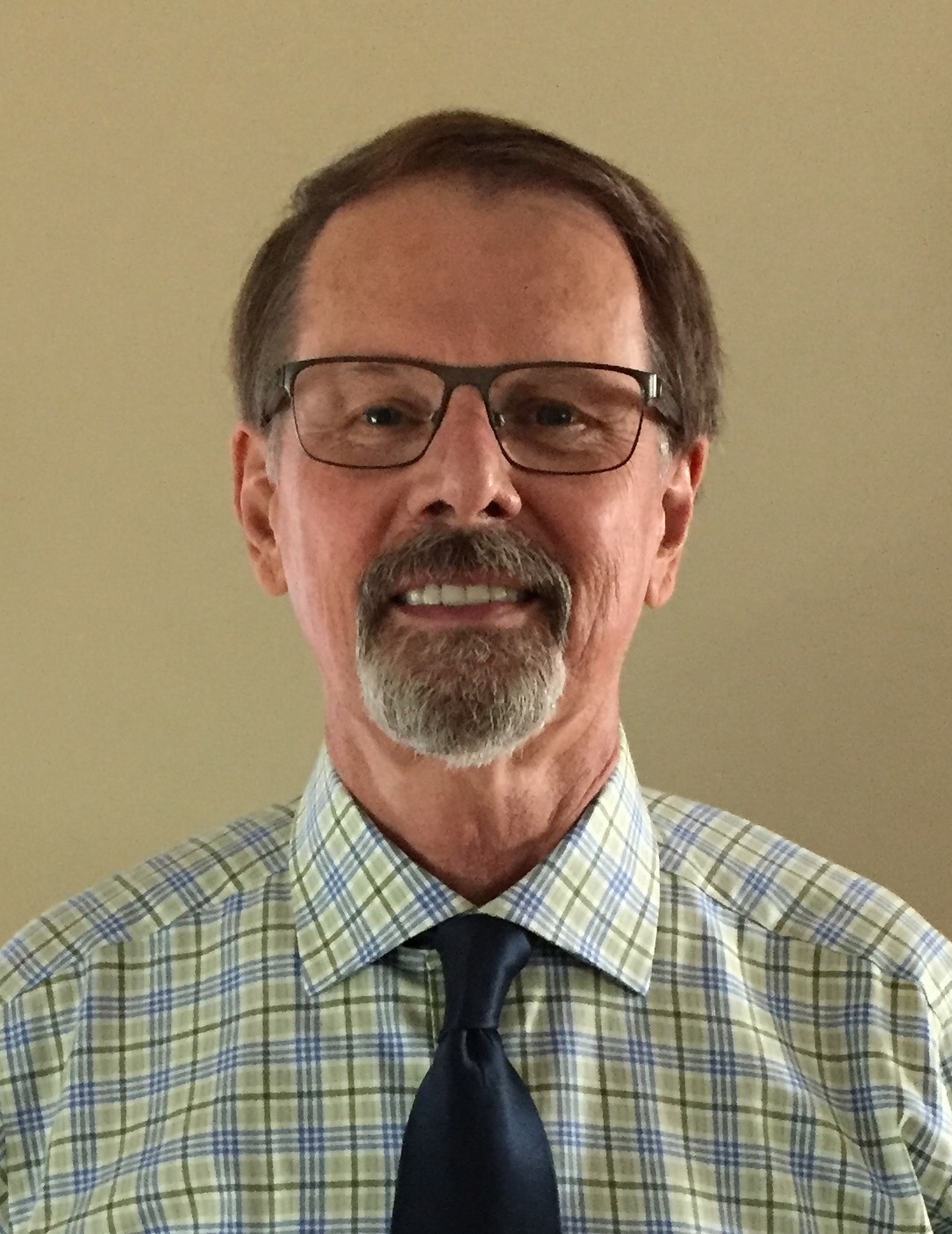
"It was practical advice that can be immediately put into action."
Alan Tussy grew up in West Covina, California. In the early 1970's he attended the University of Redlands where he majored in mathematics. After taking a fifth year of education courses and completing student teaching requirements, he was hired by the Arcadia Unified School District to teach math at First Avenue Junior High. He later transferred to Arcadia High School where he taught AP Calculus and served as department chair. During that time, Alan took evening classes at California State University, Los Angeles, and eventually earned a master's degree in applied mathematics.
The master's degree led to an assignment at Citrus College while still teaching at Arcadia High. He was soon hired full-time at Citrus, where he taught mathematics for 25 years. Alan retired from Citrus in June of 2013. Soon after that, he was asked by his former dean to return to serve as a mentor/consultant in a faculty development program for the math adjuncts. This position has been very rewarding for both Alan and the instructors. It has resulted in many Citrus math adjuncts receiving full-time teaching offers throughout the state.
Alan has used much of what he learned from his students, his colleagues, and several education courses to write nine developmental mathematics textbooks that include a hardcover and paperback series published by Cengage. Alan and his wife, Liz, live in Monrovia and have three grown sons. The couple spends a lot of time at their cabin in Fawnskin, on the North Shore of Big Bear Lake, where one of their favorite activities is hiking.
are bad habits hindering your classroom lectures?
All of us want to be outstanding instructors. But sometimes, bad habits get in our way. Come and see ten classroom blunders that teachers unknowingly make and ask yourself "Do I do that?" If so, not to worry; instructional remedies will be presented.
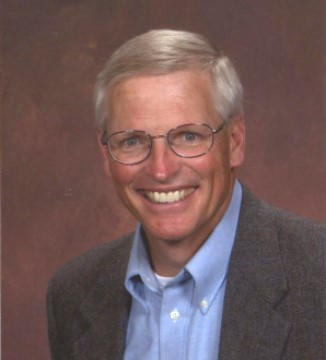
"I liked the humor / team presentation of the photomath presentation."
John Martin was born and raised in Riverside, CA where he learned to dislike smog and congested freeways. He did his undergraduate work at Humboldt State University where he found joy in learning about the history of mathematics. He began his teaching career at Clark Junior High in Glendale, CA, and subsequently taught at Crescenta Valley High School for four years. During that time John took classes at the University of Southern California and earned his M.A. in mathematics. In the fall of 1981 he was hired to teach full time in the mathematics department at Santa Rosa Junior College in Santa Rosa, CA, and remains there today.
In 2011, John won the Poyla award for an article that he wrote on the cycloid for the College Mathematics Journal. He notes that this makes him a "one-hit-wonder" since he has no intention of ever writing another journal article. John has spoken at numerous local, state, and national conferences. In addition to his wife, his family includes three daughters, a son, two sons-in-law, and eight grandchildren. He will retire at the end of the semester in order to pursue his hobby of growing Pythagorean trees.
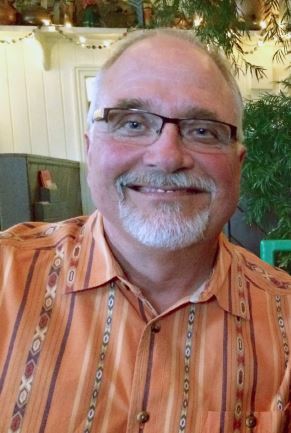
"I enjoyed all of the complex thinking and new tools to use in my classroom."
Gale has been teaching mathematics for 37 years, 19 years at the high school level and 18 years at the community college level. Gale started his college education at Cypress College where he decided to be a mathematics major. He was influenced by the enthusiasm and excitement his instructors found in the beauty of mathematics. After Cypress, he received his bachelor's degree from UCLA and master's from Stanford. Currently, Gale has been teaching at Santa Rosa Junior College for the past 18 years.
photomath: Friend or foe?
The free app Photomath can solve any textbook problems and its latest version can also recognize handwriting. The app not only gives an answer, but it also shows the steps in the solution process. Your students know about Photomath, do you? Join us for a lively discussion on the pros and cons.
Math Forward: Workshop Presenters
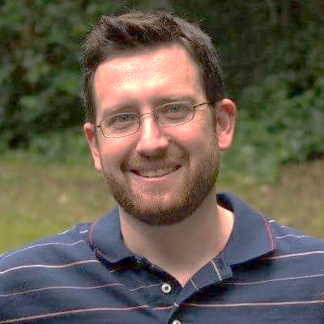
"His workshops allowed for outside the box thinking. I was able to take away some things I can use in the class."
Jeremy Aikin is an Assistant Professor in the Department of Mathematics at CSU, San Bernardino where he also serves as the Director of the Center for Enhancement of Mathematics Education and Director of the Inland Counties Math Project. He received his B.S. in Math and his B.A. in Music from UC Riverside and his Ph.D. in Math from Louisiana State University. Dr. Aikin founded the LSU Math Circle, which brings high school students to the LSU campus over the summer for a research experience in math. In 2016, Dr. Aikin co-founded the Inland Empire Math Teachers' Circle bringing together K-12 teachers and mathematicians once per month for a Dinner and a Math Problem event that immerses participants in an engaging problem solving experience.
(1) highlighting strategies for solving problems
As a math teacher, if you are given a math problem you don't immediately know how to solve, what do you do? What helps you to persevere and stay engaged in the problem solving process? In this session, we will be presented with a problem we may not immediately know how to solve. We will highlight some important strategies we use to engage in productive mathematical investigation that helps us develop intuition and push past frustrating road blocks. We will then think about how we can help our students also develop and use these strategies.
(2) Winning the lottery
Here's your chance to win a lottery! Join the competition in this lottery activity that showcases pattern recognition, probability, expected value, and tests your problem solving skills. Each team will start with $10 (sorry...play money) and compete to build their stack of money higher than any other team's. Can you find the best strategy to limit your risk and maximize profits?
JAMES GRAY | Center for Urban Education, USC Rossier School of Education
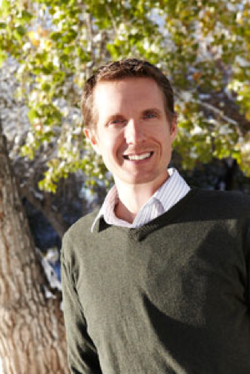
"The Equity workshops.... LOVED these!"
James Gray is a member of the Mathematics Faculty at the Community College of Aurora in Colorado, the college he graduated from more than twenty years ago. Upon arriving at the college as a student, he tested into developmental math and English. He was inspired to study mathematics by his developmental math teacher, Frank Neckel, who was the department chair at the time. After earning a Bachelor's degree in math from the University of Northern Colorado, a Master's degree in math from the University of Colorado, Boulder, and spending two years teaching English in China, James returned to CCA as faculty. For the 2017-2018 academic year, James is spending a sabbatical year at the Center for Urban Education at USC's Rossier School of Education, where he works with Colleges and Universities to address issues of racial inequities.
(1) first generation equity worker: a journey to discover who is really at-risk
In 2013, Colorado's Community College of Aurora math faculty embarked on a journey to improve outcomes for their minoritized students; a journey driven by the Center for Urban Education's Equity Scorecard (TM). They discovered that their students are far more capable than the labels that are placed upon them, and ultimately turned the mirror onto themselves to understand who is really at-risk.
(2) What happened next? first generation equity worker to empowered equity worker [building on the previous session]
Building on the previous session, First Generation Equity Worker: A Journey to Discover Who is Really At-Risk, this session will focus on how the lessons and knowledge turned into instructional strategies, and ultimately equitable outcomes for minoritized students.
MICHAEL DAVIS |
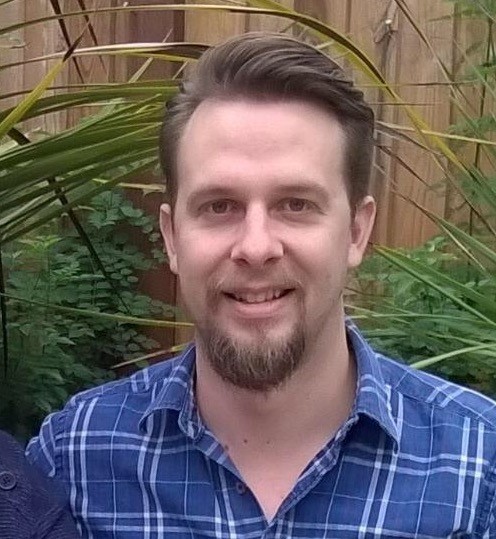
"Precalc - great ideas very generously shared. Thanks much!"
Michael Davis is an Assistant Professor of Mathematics at Glendale Community College. He holds a M.S. in Applied Mathematics from Claremont Graduate University and a B.S. in Mathematics from Azusa Pacific University. Mr. Davis was a fellow in Cohort 12 of Project ACCCESS, a professional developmental program offered through the American Mathematical Association of Two Year Colleges (AMATYC). He is also currently serves as the co-chair of the Math Developmental Redesign Task Force at GCC as well as the chair of the Precalculus Curriculum Group. Mr. Davis has a passion for equitable access and currently serves as the Math Faculty Leader for Student Equity. His main teaching objective to engage and motivate students through active learning (including mathematical modeling) so that even highly underprepared students will consider majoring in a STEM field.
Hands-on precalculus - modeling and more! [presented with carol paxton]
Mathematical modeling is a skill which is fundamental to most STEM fields, so why not have your students practice this skill at the precalculus level? This presentation will make available to you a collection of self-contained labs that can easily be adapted for use with your students.
CAROL PAXTON | Glendale Community College
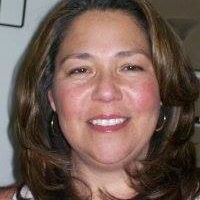
"The Calc workshop, very pertinent info given."
Carol Paxton is a professor of Mathematics at Glendale Community College and has both a B.S. and M.S. in Pure Mathematics from CSULA. Over the past 30 years at Glendale College, she has served as a Senator in the Academic Senate, assistant chair of the Math Division, Program Review Coordinator, Precalculus Curriculum Group chair, and is currently on the campus Curriculum Committee.

EARTHA JOHNSON | Victor Valley College
"I liked most the Five R's of Engaging Millinnials!"
Eartha Johnson is a community college counselor, professor and youth advocate. A former transfer student of Victor Valley College, she received a Bachelor's degree in sociology with a minor in public policy form UCLA, and received a Master's of Science degree in social work with a minor in law from Columbia University in New York City.
the five r's of engaging millennials
Educators are increasingly searching for ways to understand and engage "millennial" students in the classroom. Using current research which provides insight into students' attitudes, behaviors and learning preferences, the presenter will discuss specific strategies to motivate students to become active learners. Discussion will center around the differences between "historic" teaching methodology and current trends in education that focus on student-centered teaching.
PAT MCKEAGUE | XYZ Textbooks

"Spiritual side of mathematics showed me (a non-math teacher) the interconnectedness of math and nature, very interesting to me."
Pat McKeague earned his BA in Mathematics from California State University, Northridge and his MS in Mathematics from Brigham Young University. He has been involved with community college mathematics for over 40 years. He has written over 20 textbooks in mathematics. Pat is very active in the mathematics community giving presentations at mathematics conferences around the country. He was on the writing team for the AMATYC Beyond Crossroads project. He is the recipient of the AMATYC Presidential Award, and the AMATYC Herb Gross Lifetime Achievement Award for his service to the two-year college mathematics community. Seven years ago he started his own publishing company, XYZ Textbooks, with the goal of lowering the cost of mathematics textbooks for community college students.
a spiritual side to mathematics?
Can the patterns and connections in mathematics strengthen our spiritual perspective? You will judge for yourself. We start with a simple sequence of numbers and end with fractals and chaos. Along the way we meet philosophers and mathematicians from Pythagoras and Fibonacci, to Pascal and Stephen Hawking.
EDEN MURPHY |
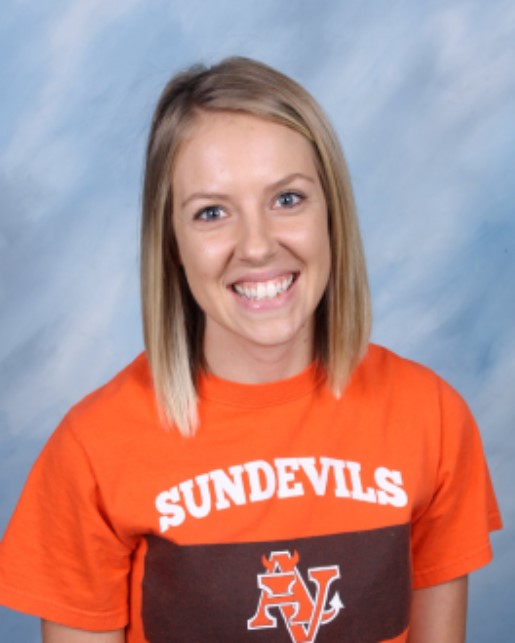
"Excellent presenter; fun, engaging sessions."
Eden Murphy graduated from San Diego State University, earning a B.A. in Mathematics in 2011, and she received a Master of Education and teaching credential from National University in 2013. She has been teaching since 2011 and currently teaches Calculus AP, Math II (Honors), and Math II at Apple Valley High School, having written the curriculum for the Math II course for the Apple Valley School District. Eden began serving as the math department lead in 2015, and consistently attends professional development seminars and trainings as both a participant and presenter.
(1) introduction to graphing with desmos
Come explore the online graphing calculator Desmos. Learn the basics in graphing functions, plotting data, evaluating equations, and exploring transformations.
(2) exploring math with desmos classroom
Learn how to enhance your lessons with Desmos classroom. You will learn how to create your own digital lessons or access pre-made lessons that allow students to interact in real time. You will also discover additional features that you cannot access through the traditional online graphing calculator.
KEITH NABB | University of Wisconsin, River Falls

"The origami was awesome - will use this in my class!"
Keith Nabb teaches mathematics at the University of Wisconsin, River Falls. He earned his Ph.D. from the department of Mathematics & Science Education at the Illinois Institute of Technology in Chicago, Illinois. His interests include student questioning, inquiry-based learning, and mathematical knowledge for teaching.
(1) Mistakes, mistakes everywhere
This session will provide an in-depth, sometimes amusing account of the many mathematical errors that have occurred in daily living. Mathematical mishaps emerge in all disciplines - human services, engineering, travel, science, medicine - no one is immune. The consequences of these errors range from insignificant to catastrophic.
(2) Activating your classroom with the five practices
This session provides an in-depth look into Smith and Stein's (2011) Five Practices for Orchestrating Productive Mathematics Discussions. Although the Five Practices was drafted with K-12 instructional settings in mind, this session highlights their use in a variety of college-level courses including Liberal Arts Mathematics, Math for Elementary School Teachers, and University Calculus. Student work will be shared.
(3) engineering applications for origami (two-part session)
Origami is an art form that is ubiquitous in nature, yet fundamentally linked to mathematics and science. Participants will examine and produce some of the basic fields that are foundational to modern engineering developments including solar arrays, bulletproof shields, automobile airbags, and surgical instruments.
COLIN OPSETH |
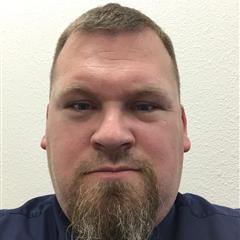
"Colin's presentation, I attended twice for my understanding!"
Colin Opseth has 11 years of experience as a classroom teacher, IT Director, and school administrator. As a young child, he experienced childhood trauma ranging from poverty to emotional and physical abuse. In grade 10, he dropped out of high school and received a GED at age 21. With a dissertation on childhood trauma and adverse childhood experience, he brings to the table a unique experience on childhood experience and how to embrace the child in a trauma-informed classroom while motivating them to strive higher.
trauma informed strategies for the technology-infused math classroom
Math periods are often an anxiety-filled class experience for students who are experiencing stress. Learn strategies for managing stress with a focus on technology.



